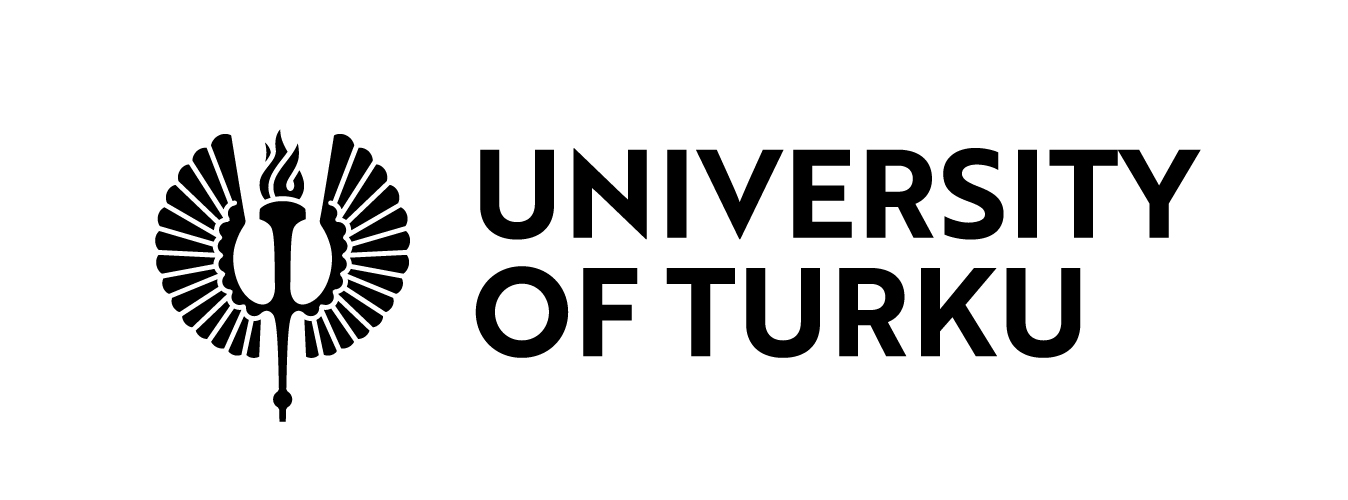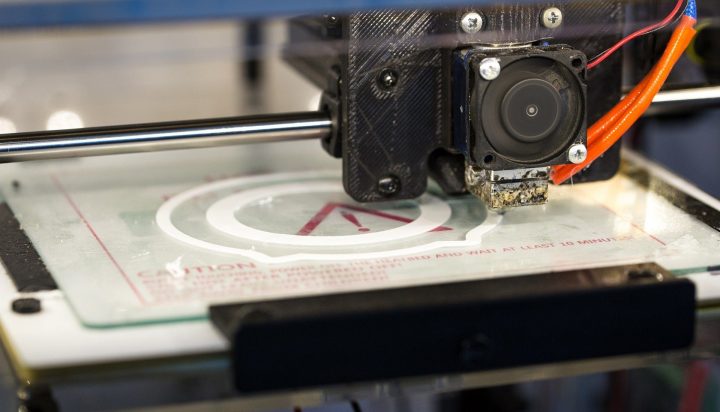Dr. Petr Kolář: Is the age of global supply chains over? Or has the time of agile logistics and near-sourcing come?
Published: 7 May 2020
Assoc. Prof. Petr Kolář, University of Economics, Prague
Is the Age of Global Supply Chains Over? Or has the Time of Agile Logistics and Near-Sourcing Come?
Initially, the article was about to focus on the fast-paced emergence of e-commerce pushed by the COVID-19 (or, as the virus itself is known, SARS-CoV-2) pandemic situation resulting in continuous search for feasible and long-term sustainable business solutions in city logistics strategies.
Eventually, the author changed his mind since there are a lot of analyses, related data and information published on the topic by now. Instead, the author highlights regionally scoped and inspiring example of logistics near-sourcing together with additive manufacturing (3D printing) interlinked with the application of nanotechnology utilization in textiles. It illustrates the rigidity and fragility of most global (traditional) supply chains.
In mid-March, the Czech Republic government directed the people in the country to wear the protective face cover or masks outside and in all public spaces. Globally speaking, such a strict regulation regarding all the public space was quite an exception. At that time, there were not even sufficient numbers of protective masks and respirators available for medical and social services´ personnel (familiar picture in many countries). The pace of COVID-19 pandemic spreading caught most governments (with ours being no different) totally off guard. People started to wear anything and everything to cover their mouth and face because…it was legally binding, right?
There were no masks in stock by pharmacies or by the online shopping platforms. In just a few days since the order went effective, there was a rapidly increasing number of people replacing the scarfs with the fabric masks made of all kinds of different materials and colours. The online guidelines on how to sew the mask were everywhere. Many people were isolated home, from an ocean carrier top manager still busy with her work to unemployed single parents helping their kids with the homework. They were all busy with making the masks for their families, neighbours, or shipping them to those in need.
Local manufacturing communities based on crowdfunding (or neighbour-funding) emerged overnight. Seznam.cz (web portal developed as the first web search engine in the Czech Republic in the 1990s) made the app add-on showing the sewing and fabric supply spots to all users of the web portal map app. Besides, it made the crowdfunding for those willing to finance the fabric supply or the in-home sewing unemployed individuals. There was an immediate upgrade of the regular mapy.cz locator (with Google maps being its global inspiration years ago) within days. Currently, people can voluntarily join and share their location. The app keeps informing the users if there is a SARS-CoV-2 positive person in the proximity.
As of April 30, over 1 million of the mapy.cz [1] users in a country with a 10 million population shared their location. This update may have business potential in future (besides the value-added for the concept of the smart quarantine) and despite the concerns about the private security and data breach.
As the time went on with continuous struggle by the government to supply the required medical protection equipment to relevant facilities and individuals, many local SMEs (re)explored the always-discussed potential by the 3D printing and the mentioned-forever nanotechnologies. For instance, Prusa Research company is the operator of one of the biggest low-priced 3D printing farm in the world and one of the leading manufacturers of 3D printers – all with the open-source (i3Mk3S is highly prevalent in terms of sales numbers) as of April 2020. Interestingly with the 3D printing utilization, Prusa Research company founder identifies many not yet fully discussed bottlenecks that prevent the 3D printing from massification or increase in demand.
To address the demand issue and 3D printing utilization and the issues, the company joined the overnight-developed covid19cz platform by local technological companies, start-ups, universities´ research institutes and business-as-usual manufacturers. Currently, it interlinks hospitals, medical equipment distributors, data analytics companies, restaurant, carriers, 3D printing companies and local e-commerce providers. At the same, nanoscale equipment manufacturers joined the platform too.
Pressed by the unprecedented situation, based on the immediate data exchange and best practice sharing, the collaborative platform members developed quite several patents and their application while increasing the potential synergy effect of both the quality of nano-manufactured products and 3D printing.
Interestingly, Gartner Hype Cycle for Emerging Technologies 2019 identified nanoscale 3D printing as the innovation reaching its expected peak in more than ten years. With the all the deglobalization trends, continuing pressure on product life cycle shortening and boosted by immediate business cooperation addressing COVID-19 pandemic situation, the future and potential of nanoscale 3D printing with the (re)development near-sourcing might be closer than we think.
It leaves the emergence of globalization of the past 30 years shaken and challenges the companies (e.g. global ocean carries), whose core business orbits around a thriving world trade and which are the backbone of a functioning global supply chains, to act.
[1] A cloud-based GIS and location service in the Czech Republic
You may download the article as a pdf document here.
Contact details of the author, below ↓


